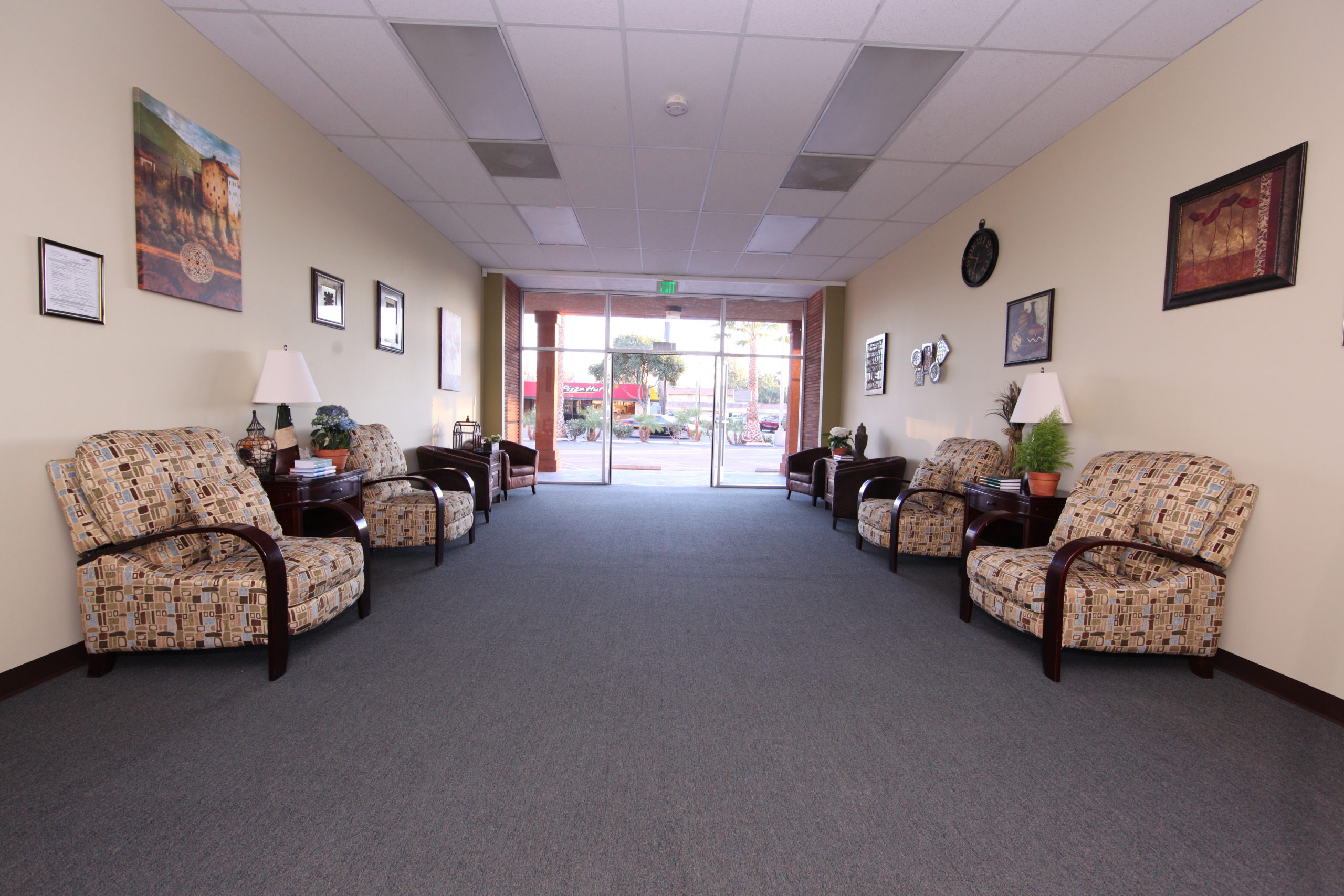Alcohol use disorder, more commonly known as alcohol addiction or alcoholism, is a serious problem that requires serious treatment. Discovery Transitions in Los Angeles offers practical and clinically tested methods to safely and comfortably treat alcoholics of all types and any issues surrounding alcohol addiction.
Discovery understands that many people shy away from alcohol addiction treatment due to both shame and intimidation of the detox and treatment process. To help the process not seem as scary, let’s discuss how Discovery Transitions treats alcoholism and the five major components for a healthy and productive alcohol rehab program.


 Call
Call Text
Text